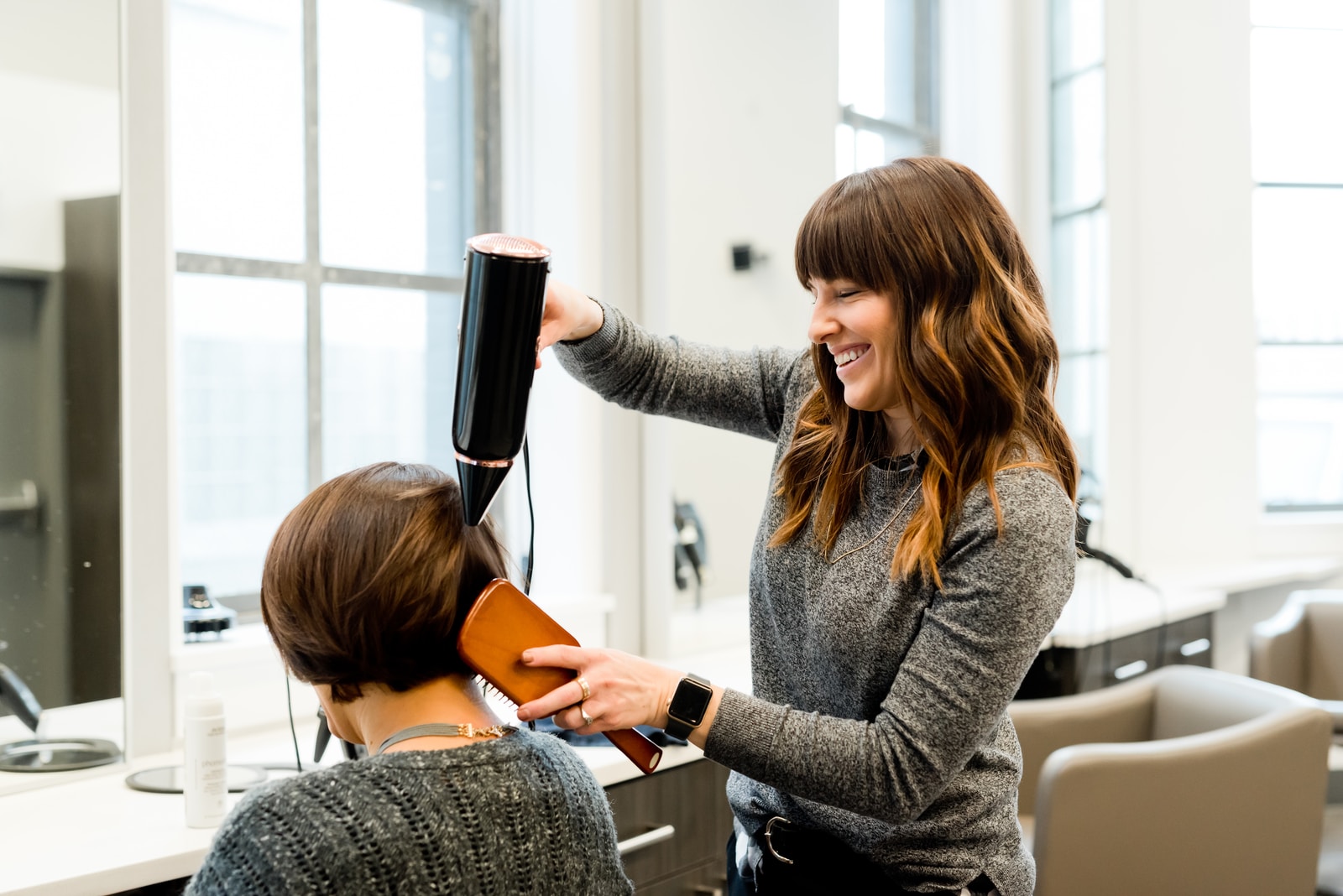Putiputi Fleming
The Nurses Gone Grey Society would unreservedly like to apologise to hairdressers the breadth and length of New Zealand for any involvement we may have had in lowering revenue over the last three years.
Whilst we cannot and should not take responsibility for government fiscal management throughout the ‘Covid years’ we are aware that nurses going grey has potentially had an economic impact on others.
Despite chronic underfunding, understaffing and overwhelmed workplaces, most of us took pride in our appearance and for some that meant keeping those pesky grey hairs in check!
That is of course when we were allowed to work. We represented greys, blondes, brunettes, pinks, hybrids and a few extreme colours; the irony being our choice of hair colour perfectly represented our multicultural society.
Interestingly, the ‘choice’ to go grey was like other recent ‘choices’. It wasn’t really a choice at all.
In technical terms, some nurses had already begun the transition to grey via the blonde route (if you do not understand then you are lost). Many others were determined to defer decision-making about grey hair till they felt emotionally strong enough to manage this important milestone. Others just embraced their inner strength and jumped into the foray of greys, whites and silver hues.
To deflect from those who would cry ‘ageism’ or ‘greyism’ and start a ‘grey hair matters’ petition, grey hair is endemic in my family and starts in the teenage years. To be clear, however, there is nothing wrong with being or going grey. But it should be a personal decision without coercion and with fully informed consent.
Greying or hair greying (canities) is one of the earliest, most visible ageing-associated phenomena, whose modulation by genetic, psycho-emotional, oxidative, senescence-associated, metabolic and nutritional factors has long attracted skin biologists, dermatologists, and industry. Greying is of profound psychological and commercial relevance in increasingly ageing populations such as the hundreds of nurses with thousands of hours of experience mandated from work in 2021, many of whom are still unable to return to their former jobs, with or without grey hair.
The key issue for nurses from the ‘Nurses Gone Grey Society’ really came down to one of economic impact such as choosing between an expensive hairdresser visit every few months, a $10 off-the-shelf bottle or food, power, and medical bills. Like many others in New Zealand, some of whom have been living in poverty for a long time and to whom hair colour is not even a consideration, priorities change.
There is of course a silver lining to the grey hair story.
As we awaken from slumber and question many narratives, we are no longer faced with the possibility that the colours we used to mask the greys were potentially damaging to health. No more cover-ups!
Our nurses have stood strong in their self-determination and resilience. They have embraced their newfound greyness as a source of strength, an acknowledgement of their journey and a rite of passage.
We are greyer, we are older, we are wiser.

